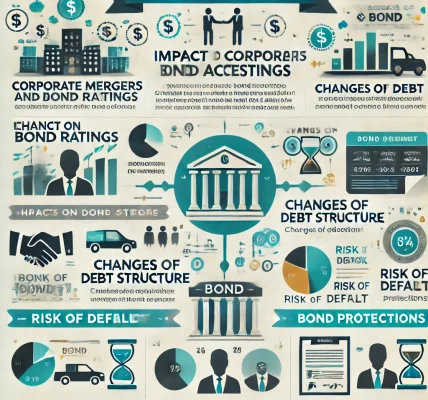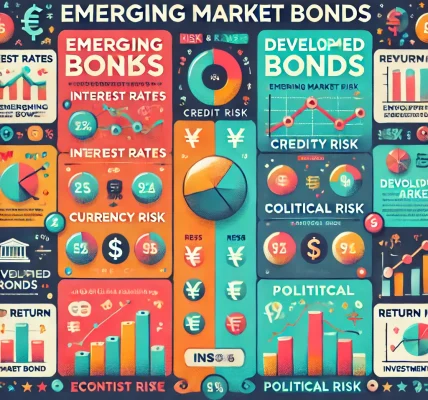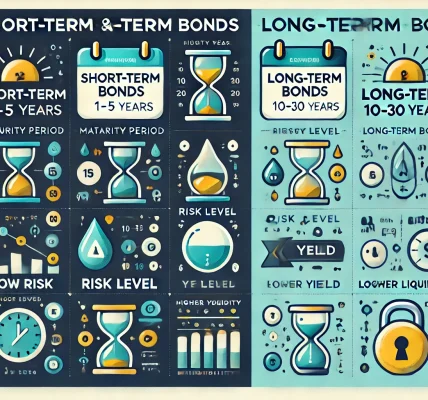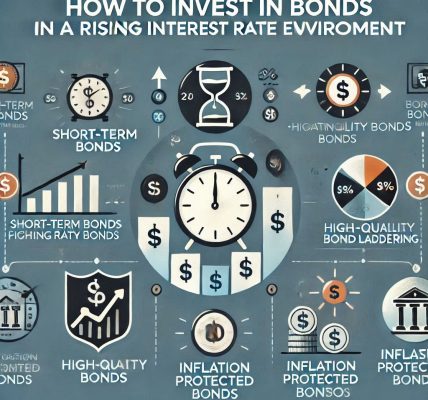Inflation-protected bonds, like U.S. Treasury Inflation-Protected Securities (TIPS), are gaining attention as economic uncertainty and rising inflation create concerns for investors. These bonds are designed to preserve purchasing power by adjusting their principal value with changes in the Consumer Price Index (CPI). But are they a smart investment during volatile times? Let’s break down the pros and cons.
✅ Why Inflation-Protected Bonds May Be Worth It
- Inflation Hedge: TIPS and similar bonds automatically adjust their principal value to keep pace with inflation, protecting investors from the eroding effects of rising prices.
- Low Default Risk: U.S. TIPS are backed by the federal government, making them one of the safest investments available.
- Steady Income: They pay interest twice a year, and as the principal increases with inflation, these payments also rise.
❌ Potential Downsides of Inflation-Protected Bonds
- Lower Yields in Low-Inflation Periods: If inflation is low or falls, TIPS may underperform conventional bonds with higher fixed rates.
- Tax Treatment: Investors are taxed on the inflation-adjusted principal even though they don’t receive it until maturity—potentially creating a tax burden.
- Interest Rate Sensitivity: Like other bonds, TIPS are vulnerable to rising interest rates, which can cause their market value to decline.
📊 Are They Right for You?
- If you expect rising inflation, TIPS offer a unique safeguard against the loss of purchasing power.
- If you prioritize capital preservation in a diversified portfolio, they can add a layer of safety.
- If you seek higher returns, other investments, like equities or corporate bonds, might offer better growth potential.
📈 Alternatives to Consider
- I-Bonds: Another government-backed option with tax advantages and inflation adjustments.
- Commodities: Gold and other real assets historically perform well during inflationary periods.
- Dividend Stocks: Quality dividend-paying companies can provide income and capital appreciation.
In a volatile economy, inflation-protected bonds offer a hedge against rising prices, but their performance depends on future inflation trends and interest rate movements. As always, a well-diversified approach tailored to your risk tolerance and financial goals is key.




